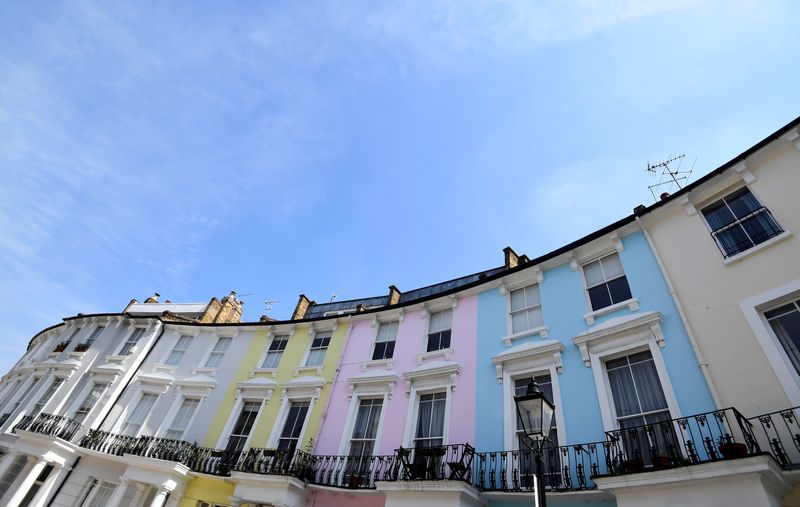LONDON (Reuters) - A measure of Britain's building industry turned positive for the first time in nearly a year in February as Prime Minister Boris Johnson's election win boosted economic sentiment for the second month in a row, a survey showed on Tuesday.
The IHS Markit/CIPS UK Construction Purchasing Managers' Index (PMI) rose to 52.6 from 48.4 in January, just below the Reuters poll forecast of 48.8 and representing less of a jump than in the previous month.
But the index showed growth for the first time since April 2019 -- after the extension of an original Brexit deadline -- and hit its highest level since December 2018.
New orders jumped in February to hit their highest level since December 2015.
Britain's economy has picked up since Johnson's election win, which removed the risk of further uncertainty about when Britain would leave the European Union and the possibility of a shift to the left under a Labour-led government.
Some respondents in the PMI survey said contracts from the recently announced High Speed 2 rail network and other major transport projects could boost infrastructure work at their businesses in the year ahead.
The recovery in February's output would have been stronger without bad weather during the month, other respondents said.
IHS Markit said it would look to next month's data to gauge any impact of the coronavirus outbreak.
"While construction order books have begun to recover in the opening part of 2020, the fly in the ointment is the uncertain impact of the coronavirus outbreak on UK economic growth prospects," Tim Moore, economic director at survey compiler IHS Markit said.
"A renewed slowdown could see domestic investment spending put back on hold and dampen the outlook for the UK construction sector," Moore said.
The global impact of coronavirus is starting to weigh on a post-election recovery in British manufacturing as factories reported a big jump in delays in their supply chains, a PMI survey showed on Monday.

The construction PMI showed companies were less optimistic about their growth prospects than in January but were still more positive about the outlook than in the second half of 2019.